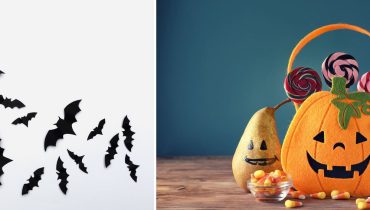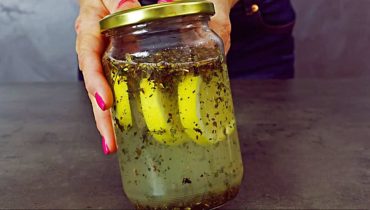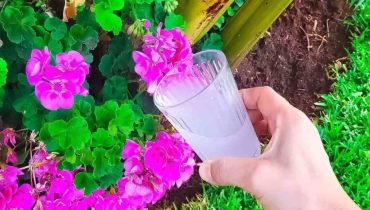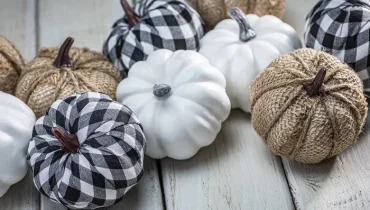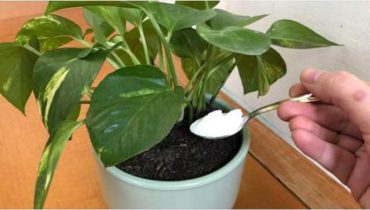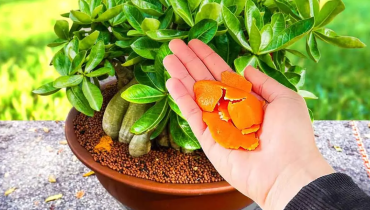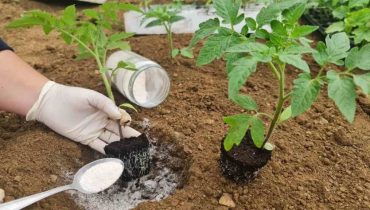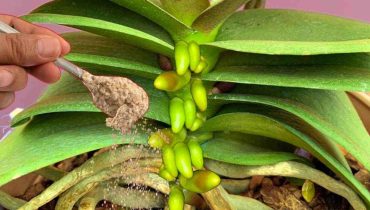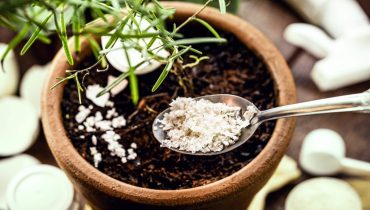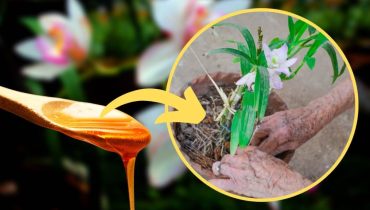The Scutigera: Your House’s Helpful Insect Ally
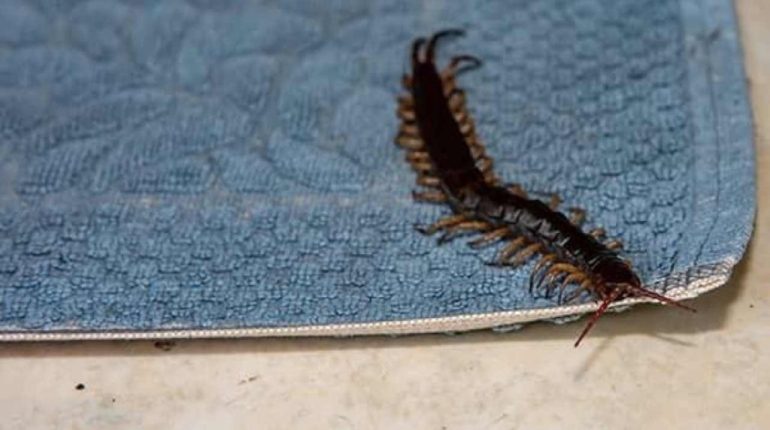
Posted October 10, 2023 by: Admin
If you see this insect in your house, avoid killing it, something could happen. Here’s what to do if you notice this insect in your home!
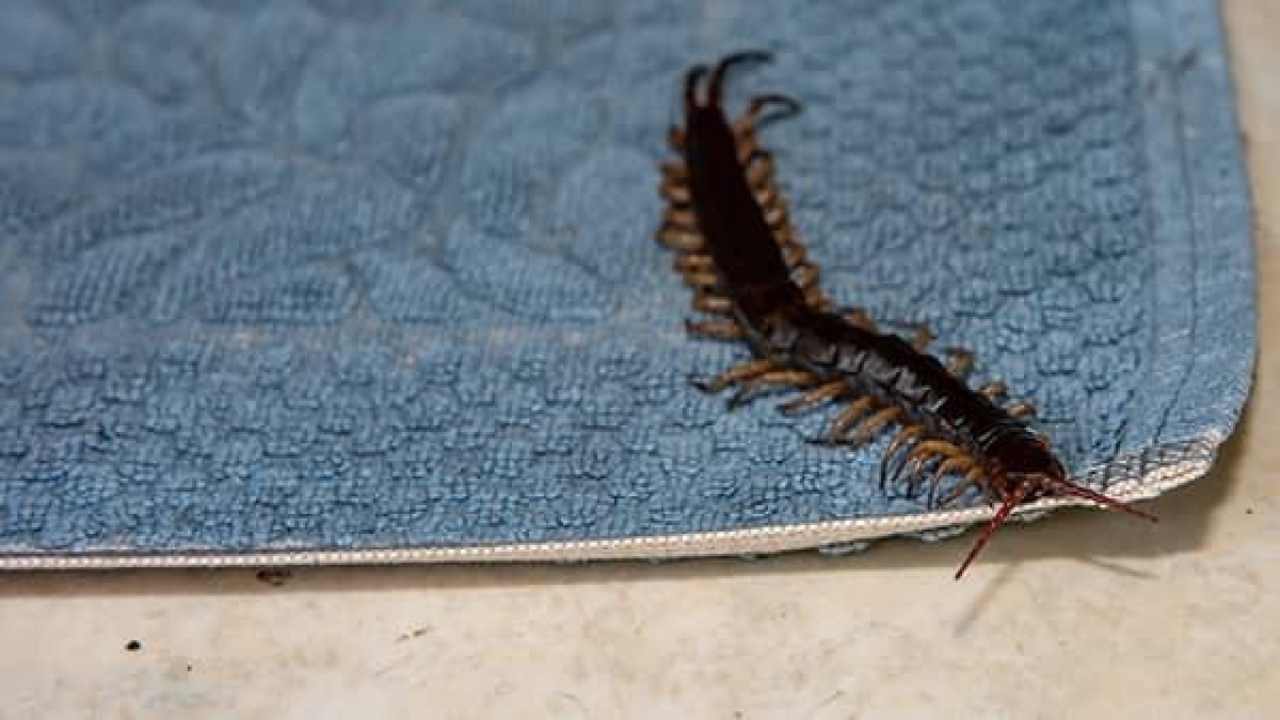
If you see this insect in your home, do not kill it. We’re talking about the scutigera, a harmless insect that is particularly useful in the house. In fact, you need it because it keeps away more dangerous insects like cockroaches, ants, mosquitoes, and silverfish. But what is a scutigera? Let’s find out all about this insect!
Don’t kill this insect if you see it
Do not eliminate this insect if you see it in your home. The scutigera is actually harmless and, at first glance, it resembles a centipede. Its shape is curious, and it also has 15 pairs of legs, which is why it resembles a centipede. It’s unmistakable with its yellow-gray color. It is not a dangerous insect at all and is quite common in houses.
As an insectivore, it is an excellent ally in getting rid of roaches, bugs, silverfish, ants, spider mites, and mosquitoes. So, if you spot it in your house, don’t rush to kill it, but let it live as it will rid you of other troublesome insects.
This little creature does not harm humans and acts simply by excreting a poison with its fangs. The poison is not harmful to humans or pets, so you can leave it be.
What is a scutigera?
Originally from the Mediterranean region, the scutigera has 15 pairs of very long legs, striped in black, and a rigid body that is gray with a hint of yellow, characterized by three dark marks on its back. At birth, this insect has four pairs of legs, and with each molt, it acquires an additional pair.
Scutigera prefers places that are not too warm and have some humidity, so it’s easy to find it in bathrooms, laundry rooms, and basements. Its lifespan ranges from three to seven years, and it feeds on other insects, including bedbugs, mosquitoes, termites, cockroaches, ants, and more.
Naturally, even though it’s a valuable helper in getting rid of other insects, if there is an invasion of scutigera in your house, measures should be taken. The solution to prevent a large quantity of scutigera in homes is to keep them as clean as possible. Let’s find out why.
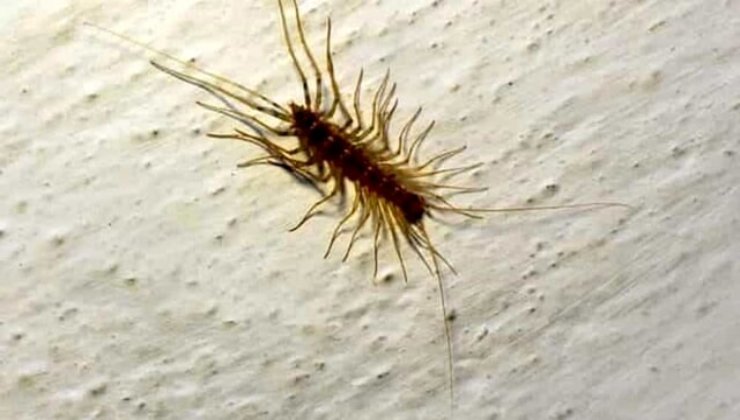
How to prevent scutigera from invading your home
A good way to prevent many scutigera encounters at home is to keep the house clean. When the house is dirty, there is a risk that they will appear in large numbers. Scutigeras are attracted to dust, hair, pet hair, and organic waste.
Therefore, clean the house thoroughly, even hidden places like cabinets and closets, and make sure there are no cracks on the baseboards and window sills. If you live in a rural area, eliminate most of the dirt that is outside as well, so as not to bring them inside and attract scutigera.
Vacuum more thoroughly and also in hidden corners to prevent dirt from accumulating there. Alternatively, if all else fails to keep them away, use natural remedies, some of which are very effective.
For example, use powdered coffee to place in corners or Cayenne pepper to keep them away. Cloves are also excellent; you can spread them in corners to deter scutigera.

